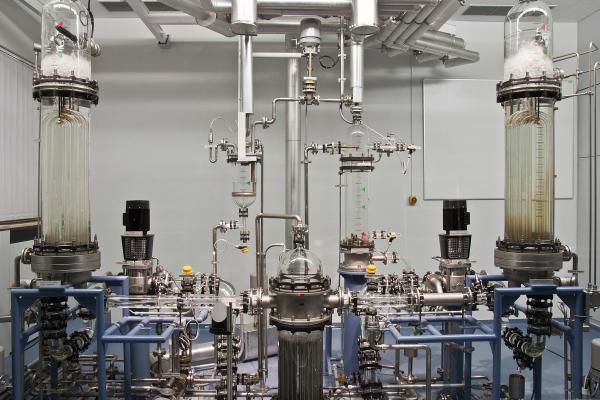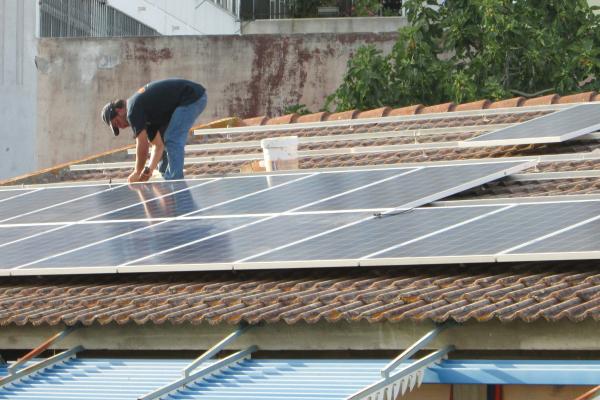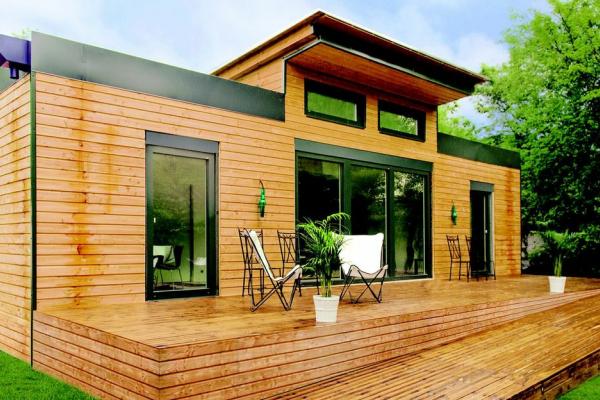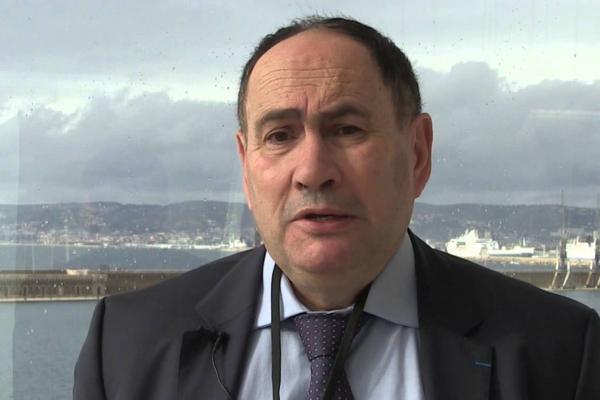Welcome to the post-carbon future
Europe has set a course for a low-carbon economy, but what does this mean in practice? This month, Horizon looks at the carbon-free innovations set to change our lives, from neighbourhoods that can produce more energy than they consume, to Europe's renewable energy cooperatives. We also explore new technologies to minimise the risk of nuclear meltdown, and find out how a tie-up between researchers in the EU and North Africa could help bring renewable energy innovations to the Mediterranean region.
Fukushima, Chernobyl, Three Mile Island - all three nuclear disasters were caused by human error, in one form or another. Now researchers are working on ways to ensure nuclear power plants remain safe – by making safety systems that can operate automatically.
A growing number of environmentally minded people are putting their money where their mouths are and directly investing in projects such as solar and wind farms, thanks to a rise in community-based financing schemes such as crowdfunding and renewable energy cooperatives.
Positive energy homes may sound like something out of a hippy commune, but these days the term has a more practical meaning.
An experimental project connecting renewable energy researchers in the EU with colleagues in Morocco and Tunisia could help pave the way for a market in renewable energy and energy efficiency that spans the Mediterranean, according to Claude Ayache, senior advisor for European affairs at the EU’s public-private green energy partnership, InnoEnergy.
Bi-weekly news alert
The best Horizon stories, delivered to your inbox
Subscribe now





